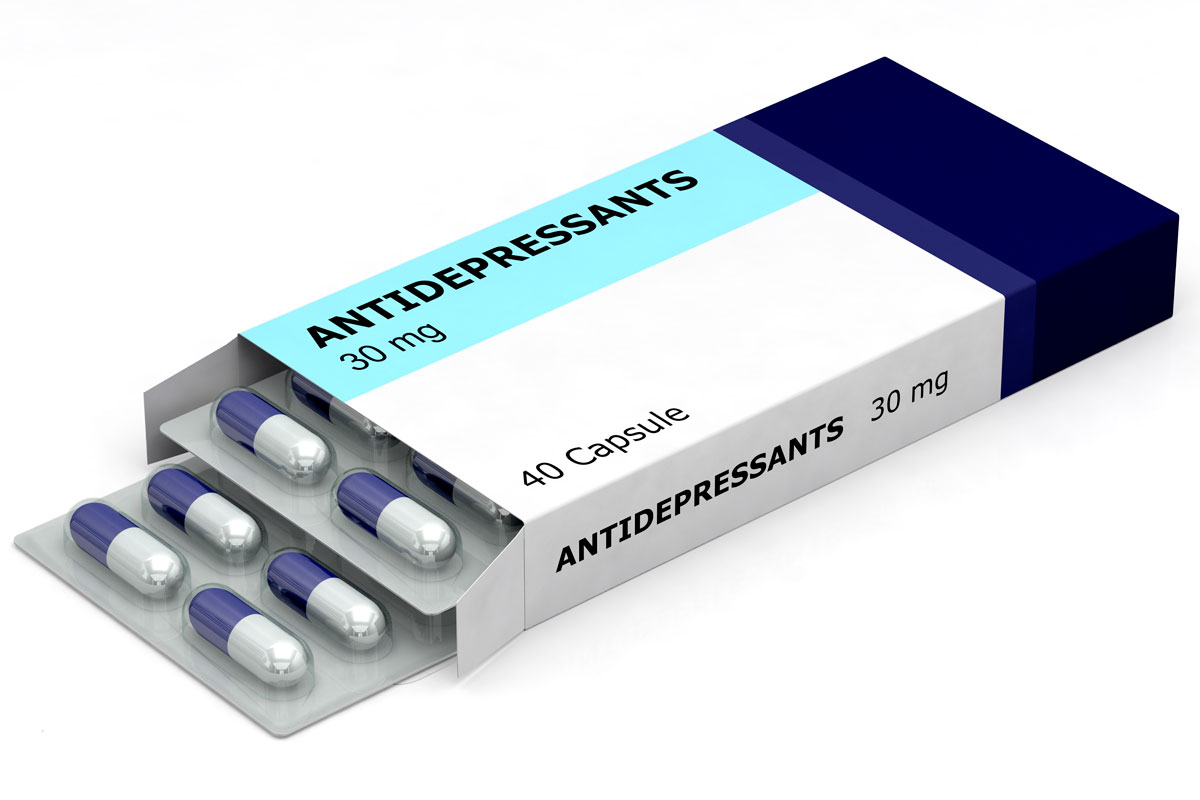
Antidepressants are frequently prescribed for adults with depression, a common and often disabling psychiatric condition. However, identifying the most effective treatment for a particular patient is often a trial-and-error process that can result in prolonged morbidity, disability, and exposure to adverse effects, as well as substantial healthcare costs. Precision psychiatry aims to optimise treatment matching using patient-specific profiles, but there are few evidence-based predictors available to clinicians initiating antidepressant treatment.
Although average response rates are similar across different antidepressant classes, individual responses can vary widely in clinical practice. Therefore, accurately and scalably guiding antidepressant selection presents specific challenges. The gold standard for characterising antidepressant response from electronic health records (EHRs) remains expert chart review, which is labor- and time-intensive.
However, advances in machine learning (ML) and the growing availability of large-scale health data, such as EHRs, offer new opportunities for developing clinical decision-support tools that may address this challenge. In a recent study published in the peer-reviewed open-access medical journal Nature Partner Journals (npc) Digital Medicine, researchers used machine learning models to accurately predict differential treatment response probabilities for patients and between antidepressant classes based on real-world EHR data. The pipeline incorporated AI and non-AI features, as well as unstructured data (i.e. clinical notes) to maximize the use of information contained in EHRs.
The study included 17,556 patients who received a new antidepressant prescription from non-psychiatrists, and data were obtained from 20 years of EHRs spanning from January 1990 to August 2018. The patients had at least one International Classification of Diseases (ICD) code for depression and at least one ICD code for non-recurrent depression during their history.
ICD codes from EHR data were obtained for adult patients (age ≥ 18 years) with at least one visit (the first visit with an antidepressant prescription is defined as the “index visit” for each patient) with a diagnostic ICD code for a depressive disorder (defined as ICD-9-CM: 296.20–6, 296.30–6, and 311; ICD-10-CM: F32.0–9, F33.0–9) co-occurring with an antidepressant prescription, and at least one ICD code for non-recurrent depression (ICD-9-CM: 296.20–6 and 311; ICD-10-CM: F32.0–9) any time during their history.
The resulting models achieved good accuracy, discrimination, and positive predictive value, which could be valuable for further efforts aiming to provide clinical decision support for prescribers. However, the researchers noted several limitations, including missing data in EHRs(e.g. patients who may receive some of their care outside of the healthcare system), and secular trends in clinician prescribing or documentation practices that may have affected model performance.
In summary, the study presents a novel computational pipeline based on real-world EHR data for predicting differential responses to commonly used classes of antidepressants. The approach demonstrated here could be adapted to a wide variety of other clinical applications for optimising and individualising treatment selection.
REFERENCES:
- Sheu, Yh., Magdamo, C., Miller, M. et al. AI-assisted prediction of differential response to antidepressant classes using electronic health records. npj Digit. Med. 6, 73 (2023). https://doi.org/10.1038/s41746-023-00817-8





























